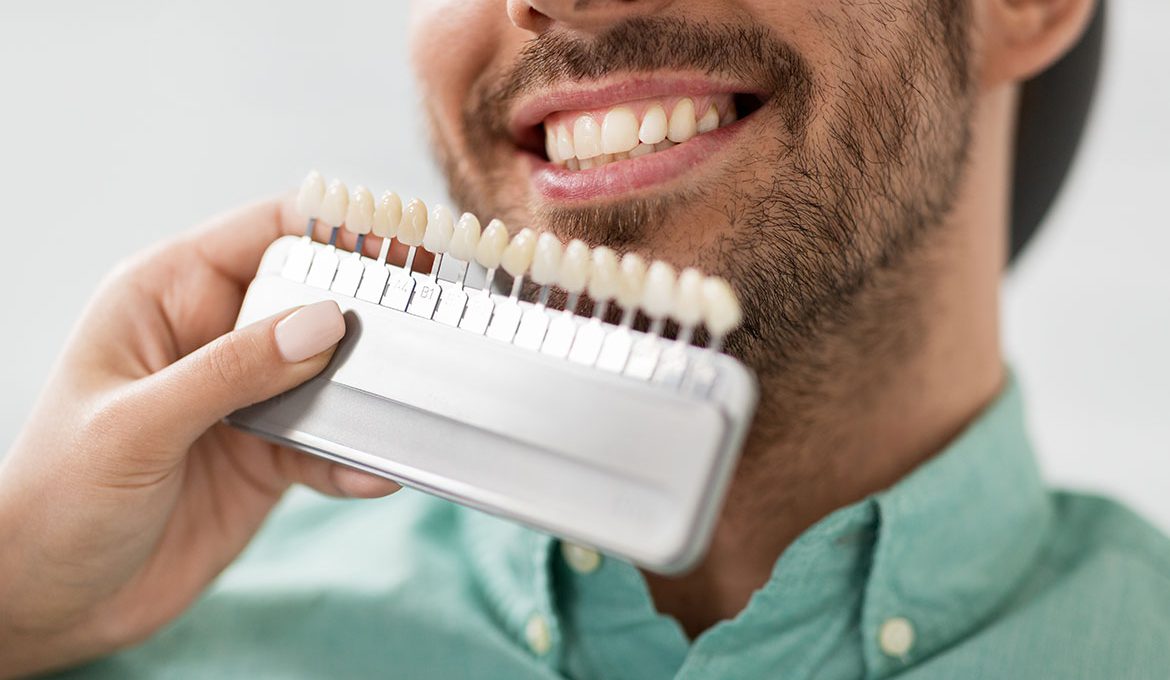Root Canal Therapy
What To Expect After Root Canal Therapy
After a root canal, your lips and gums may remain numb for a few hours until the anesthetic wears off. Later you may have throbbing pain, which you can treat with pain medicines, such as ibuprofen, acetaminophen, or a stronger prescription painkiller. The pain usually lasts only a day or two.
Crowns that seal the top of the tooth and strengthen it may come loose over time. They may need to be repaired, redone, or cemented on again.
Why It Is Done
A root canal is needed when tooth decay is likely to cause permanent damage to the pulp or has already done so.
How Well It Works
A root canal removes the pulp inside the tooth and replaces it with filling material. It can effectively treat or prevent an infection.
Risks
If you have an infected tooth, bacteria from the mouth can enter the bloodstream and cause infections in other parts of the body. People who have a hard time fighting off infections may need to take antibiotics before and after a root canal. Such people include those who have artificial heart valves or were born with heart defects.
What To Think About
Because a root canal removes the pulp inside the tooth, the tooth becomes more fragile and may break more easily if it is not covered with a crown or cap.
A root canal needs to be done as soon as possible to avoid a severe infection, which can damage the bone surrounding the root of the tooth and infect other teeth.
If you have a severely decayed or infected tooth, you may not want to go through the expense and discomfort of a root canal and crown fitting. Instead, you may choose to have the tooth removed (extracted). The space can be left open or restored with an implant or bridge.camera.










